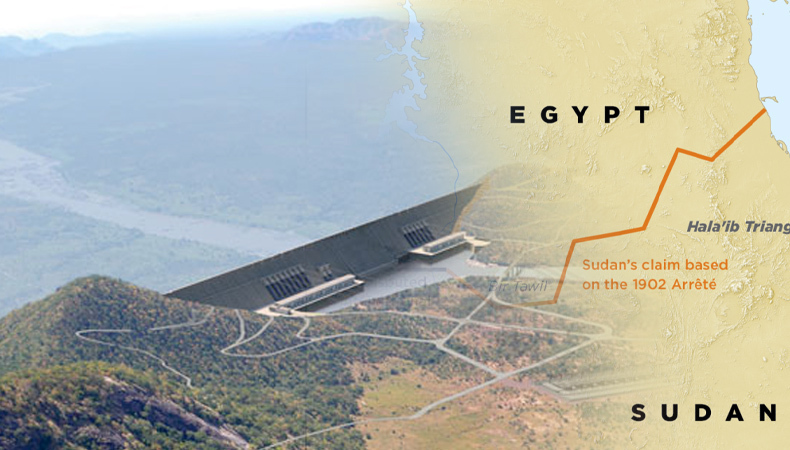Unveiling Nile Dynamics: The GERD Diplomatic Saga

The Nile River has long been a source of conflict in politics as well as in life and nutrition. strains between Ethiopia, Egypt, and Sudan have increased lately as a result of the Grand Ethiopian Renaissance Dam( GERD) construction. This article examines the complications of this ongoing battle by looking at the applicable historical, geopolitical, and environmental issues.
Background History
With a length of more than 6,600 kilometers, the Nile River is a lifeline for Egypt and Sudan, supplying freshwater for use in day-to-day life, business, and farming. With 97 of its water demands met by the Nile, Egypt in particular is severely reliant on it. Through transnational covenants, Egypt has always exercised its authority over the Nile and kept control over its waters. Ethiopia, on the other hand, is likewise incredibly dependent on the Nile and is working to harness its power to support its profitable development and pool electricity to its hastily growing population. The GERD, a massive hydroelectric design, was designed to meet Ethiopia’s energy demands and ameliorate its position on the world stage.
Recent Developments and Resumed Talks
Abdel Fattah El-Sisi, the president of Egypt, and Abiy Ahmed, the prime minister of Ethiopia, agreed in July on a four-month deadline for reaching an agreement. In August, negotiations picked back up, indicating a renewed effort to reach an agreement.
When Ethiopia announced that it would finish the fourth GERD filing in September, the situation worsened, and Egypt denounced the action as illegal and a violation of agreements. This action emphasized how crucial it is to come to a thorough agreement.
Keep Reading
Key Concerns and Challenges
- Water security: Because of Egypt’s enduring reliance on the Nile for its water requirements, any change to its water supply poses a threat to the country’s stability and security.
- Power Generation vs. Water Access: Ethiopia emphasizes its right to use the Nile for its development and views the GERD as essential for its energy production and development.
- Regional Cooperation: Fostering an atmosphere of cooperation and understanding is essential to coming up with a solution that takes into account the requirements and worries of all the parties concerned.
- Historical grievances: Egypt’s worries are exacerbated by historical agreements and perceived injustices in water usage agreements.
Conflict over the Nile Dam is a complicated combination of present-day development priorities, historical resentments, and national interests. This problem needs to be solved by cautious talks, compromise, and an uncompromising dedication to a win-win outcome. The next negotiations are an opportunity to handle this delicate situation and strive towards a sustainable future for all parties involved.







